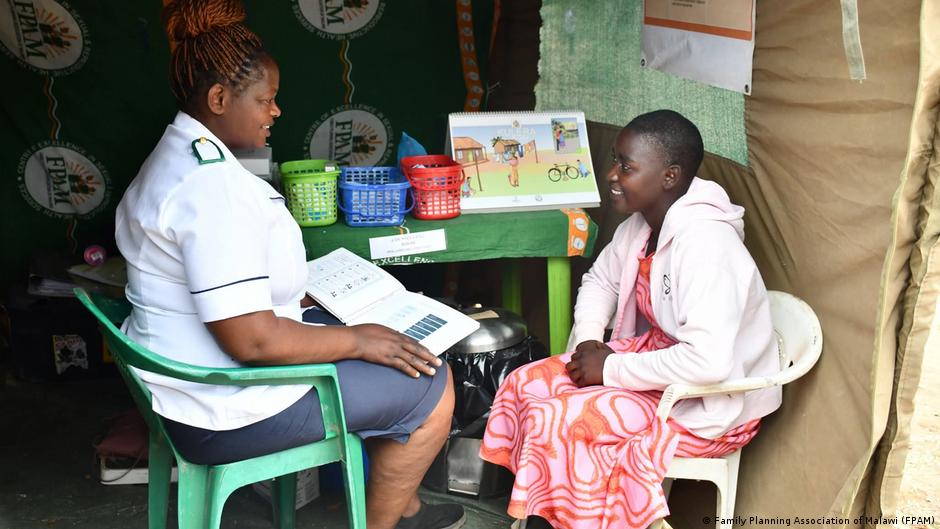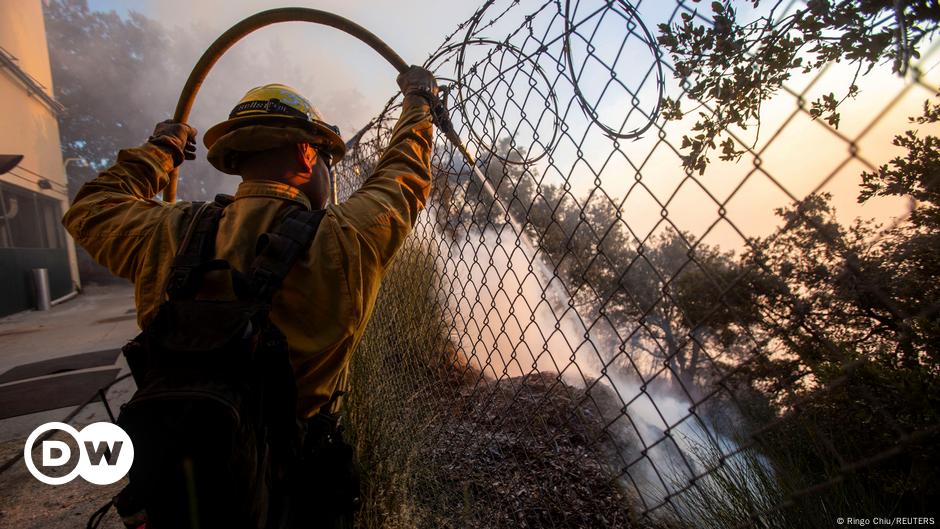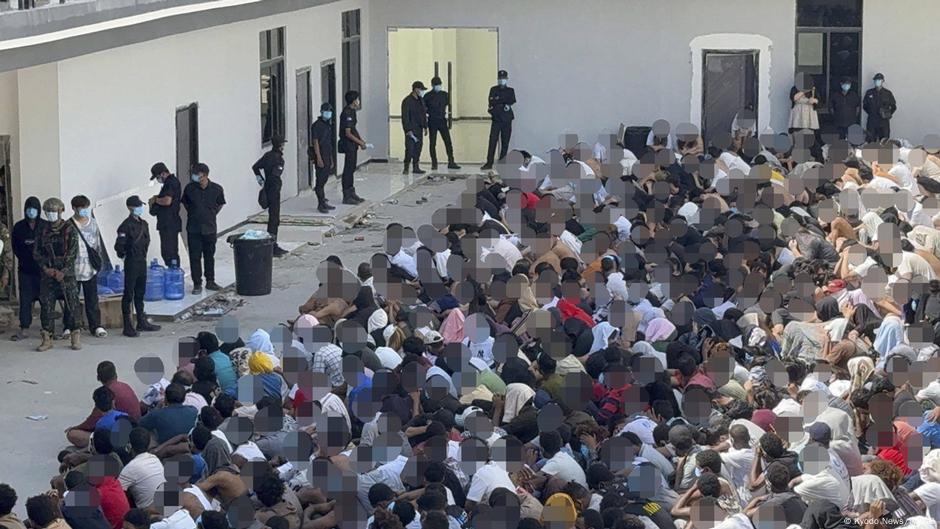Until recently, abortion in Malawi was only permitted if a woman’s life was in danger. But, recently, the country’s High Court ruled that victims of sexual violence who become pregnant are entitled to the procedure.
According to Malawi’s gender equality law, every person has the right to adequate sexual and reproductive health and, subject to the law, the right to choose whether to have a child.
For more than 15 years, women’s rights organizations have been lobbying for the Termination of Pregnancy Bill. Although a draft bill exists, it has not yet been introduced in Parliament.
“This ruling is a vindication for all of us who have been advocating for appropriate services for people who have undergone sodomy and rape,” Emma Kalia, president of the Coalition on the Prevention of Unsafe Abortion (COPUA), told DW.
The teenager who found her way to victory
The ruling comes after a suit filed by a 14-year-old girl who was denied a safe abortion at a public health institution after she was raped.
She sued the health care provider, the medical facility, and the Ministry of Health, claiming violations of her sexual and reproductive health rights.
High Court judge Michael Tembo ruled that forcing a child to be conceived through violence amounts to cruel, inhuman and degrading treatment.
“It is harsh and inhumane to insist such a girl continue to conceive,” Tembo said in her ruling. She added that it is therefore logical and consistent with sexual and reproductive health rights to allow such girls, if they wish, to seek an abortion without hindrance, based on their free will.
The court also directed the Health Ministry to amend its standards and guidelines for post-abortion care within 180 days, to ensure that survivors of sexual and gender-based violence can access legal termination.
Unsafe abortion continues to occur on a large scale
Unsafe abortion is one of the leading causes of maternal death in Malawi. It is estimated that more than 141,000 women and girls in Malawi have abortions each year, many through unsafe, clandestine procedures.
“Many people know the law is restrictive, so they will get an abortion and will only seek post-abortion care if complications arise,” Kalia said.
“Facilities spend huge amounts of money treating avoidable cases,” he said, “and the numbers are huge.”
Official statistics show that more than 70,000 women seek abortions on the street each year, with approximately 30,000 suffering complications, some of which are fatal.
Post-abortion care in public hospitals costs the government approximately $1 million (€860,000) each year.
Religious leaders against the decision
Many faith-based organizations have strongly opposed any relaxation of Malawi’s abortion laws, arguing that life begins at conception.
The Episcopal Conference of Malawi and the Evangelical Association of Malawi, representing more than 120 Christian denominations, have warned lawmakers against supporting the proposed reforms, saying they risk losing public support.
DW contacted the Episcopal Conference of Malawi, which said it would comment after thoroughly reviewing the decision.
Some child rights advocates say the court’s decision fails to address the root causes of sexual abuse. “This decision is foolish and far from the solution we need as a country,” child rights advocate Memory Ngosi told DW.
“Our justice system is failing us. We have amended our penal code to give life imprisonment to perpetrators of sexual abuse, yet courts rarely impose harsh sentences. Instead, we tell our girls to go and get abortions.”
Ngosi urged authorities to strengthen cultural, psychological and legal support for survivors rather than focusing on abortion access.
Rights advocates accuse anti-abortion campaigners of hypocrisy. “Most anti-abortion advocates practice double standards,” Kalia said. “These things are happening in their backyard – even their relatives have had abortions. But, in public, they pretend otherwise.
Edited by: Crispin Mavakideau






Leave a Reply